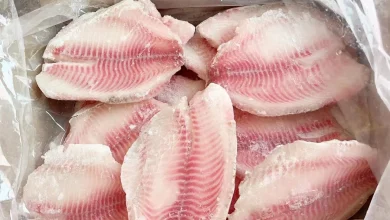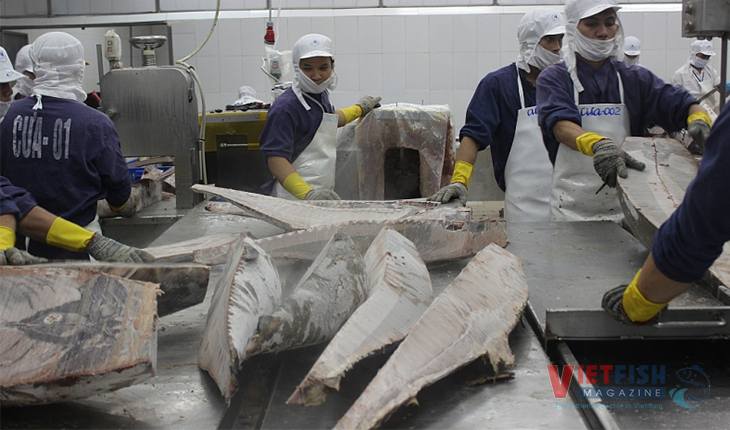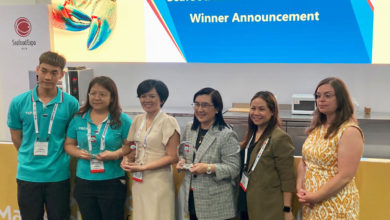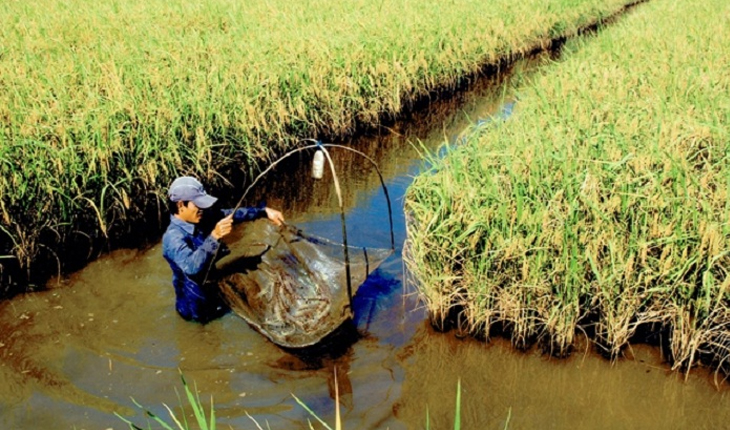The 13th edition of TARS2024 on Finfish Aquaculture successfully gathered 210 stakeholders in Asia’s finfish industry, the majority from Thailand, Vietnam, Indonesia, Singapore, Malaysia, and the Philippines. It was a 17% increase in participation over that of TARS 2017, and exceeded expectations, as markets face an economic downturn, affecting all players in the supply chain. This was the third in the series on finfish aquaculture, following 2013 and 2017, where TARS focused on the development of growth strategies and industrialization, respectively. This year’s theme was “Steering an Industry into Focus.”
Held in Bangkok, Thailand on August 14-15, the program featured 10 sessions with 40 international speakers, panelists and industry players who shared insights and new developments, aimed at taking the industry forward. Thailand’s industry is led by the walking catfish and tilapia and the push is for more sustainable production. In his opening address, Dr Praphan Leepayakhun, Deputy Director – General, Department of Fisheries, Thailand said, “We believe we are a leader in terms of technology in pond culture of marine fish, and in genetically selected tilapia fry export and in culture models in rivers.”
This year, the State of Industry presentations began with the US market for the tilapia, the focus for marine fish in China, the pangasius in Vietnam and moving up Thailand’s tilapia farming. Francisco Murillo, Tropo Farms (Ghana) said that per capita consumption of the tilapia in the US market declined 30% over 2012-2021. Yufan Zhang, Alltech China said, “In China, margins are directing growth of golden pompano production while lower margins have affected the growth of the large yellow croaker.”
“In the Interactive Breakout Roundtables, a hallmark of TARS, participants exchanged ideas and opinions on the strengths, weaknesses, opportunities, and threats for tilapia, pangasius and marine fish. We see this as a way for each participant to voice their concerns and contribute to solutions, and as a group, provide takeaways for the industry,” said Zuridah Merican, Chair, TARS 2024 and Editor of Aqua Culture Asia Pacific.
“The global economic environment affects Asia’s freshwater and marine fish farmers who are currently facing low farm gate prices, high costs of production and cyclic demands. The presence of many in core farming at this TARS showed a resilience and the need to network and work together to position themselves for the future growth of the industry,” added Merican.
The conversation at the Hard Talk with Business Leaders successfully running integrated pangasius, Asian sea bass and tilapia companies facilitated a global exchange in marketing, branding and sustainability. At Vinh Hoan, Nguyen Ngo Vi Tam heard the call for sustainability and since then, she has followed this path to the core. Josh Goldman, Australis has positioned the Asian seabass just below the salmon. Francisco Murillo said that the tilapia became better known in the US market with skinless fillet imports and packaging. Branding is important with 40 seafood buyers associating branding with reliability. Providing a global perspective, Lukas Manomaitis, USSEC described how the government helped the Turkish seabass and seabream industry to dominate production in the Mediterranean.
The Industry Dialogue explored reasons as to why Asia’s fish industry is considered less appealing for investment. Opinions varied from investment decisions being influenced by failures to secure consistent output, and consumers in Europe and the US’s perception of poor quality products from Asia, and a certain element of trust by Western investors on the value of Asia’s core farming. But there are investors searching for the right farms. “We have investors with noble objectives of supplying protein globally. For aquaculture, the risk is at the production level. Aside from salmon, farming other species have not yielded results,” said Haydar H. AL Sahtout, Blue BioEconomy.
The Fish Talk: Farmers X Technology session featured two presentations on controlled production via recirculation aquaculture systems (RAS) to produce juvenile groupers as well as grow-out. This was followed by three young farmers now helming the family businesses, and with proven success in pond culture and marketing of Asian seabass and grouper fingerlings. They discussed challenges in production and marketing. While they acknowledged some merits of RAS technology, it is still beyond them, in terms of adoption.
Organizers, Aqua Research PL and Corporate Media Services PL acknowledged the hard work, insights, and dedication of all the presenters, moderators, and industry panelists that contributed to the success of TARS 2024. Industry partners included: dsm-firminech, U.S. Grains Council, Jefo Nutrition, Alltech, BASF and Lucta.
In 2025, TARS will cover Shrimp Aquaculture. It will be held on August 20-21.






